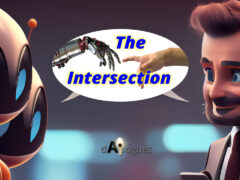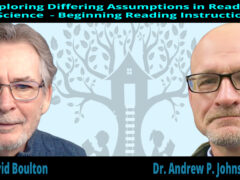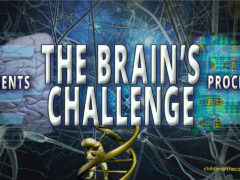The best possible source of information from which to improve the stewarding of children’s learning, and the best possible source children have to improve their participation in learning is the same. Decades ago, I started calling this convergence the “miraculous intersection“. In this conversation with Gemini (Google’s renamed Bard), we explore this ground-level principle […]



